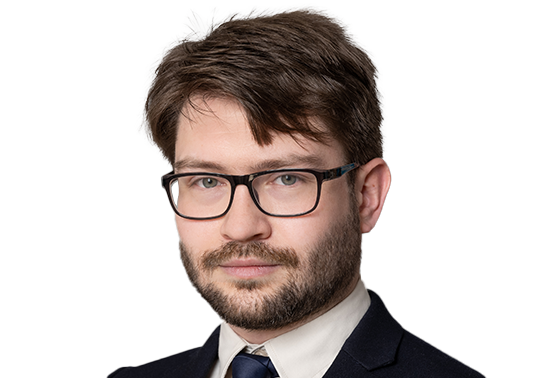CV
Georgy Poroskoun is a researcher in the Russia Program at INSS. He has a BA in the History of the Middle East and Political Science and an MA in Political Science—International Relations and National Security, both from Tel Aviv University. He focuses on Russian politics, both domestic and international, as well as information and cyber warfare.

Georgy Poroskoun
Researcher
Publications
All PublicationsDespite Efforts to Remain in Syria, Russia Is Losing Its Status as an Important Security Actor in the Middle East
How has the Russian presence in Syria changed since the downfall of the Assad regime, and what are the implications for Israel?
27 January, 2025The Russian Narrative Over the Legacy of the Holocaust and Israel
Why is Russia, which once championed preserving the memory of the Holocaust, now cynically using that memory to defame Israel?
29 May, 2024Changing Israel’s Policy on Russia and Ukraine
Why now, during the war in Gaza, is it the time for Israel to shift its policy regarding the Russia-Ukraine war?
3 January, 2024Riots in Dagestan and the Prigozhin Revolt: Social-Security Stability Flaws in Russia
Two recent unusual events in Russia demonstrate how the regime responds to unexpected events. What message is there for Israel?
12 December, 2023Russian Policy in the Middle East in the Context of the Struggle Against the West: Insights for Israel
In recent years, Moscow has accelerated its system of partnerships with destabilizing actors around the world based on the logic of conflict with the West, which has intensified against the backdrop of the war in Ukraine. Many of these actors—states and terrorist organizations—operate in the Middle East and are involved in the armed conflicts with Israel in a way that makes this Russian strategy an indirect threat to Israel. Israel’s assertive actions in friction zones in the last year as part of its multi-arena war, which have impacted Russian interests and assets, and President Trump’s push for quick agreements with Russia, could restrain Russia’s provocative strategy. An analysis of the Kremlin’s considerations and interests in the region helps understand the causal relationship between the developments and the change in Russia’s conduct. Israel should understand how best to interpret Moscow’s activity, which Israeli actions contribute to restraining Russia’s relations with actors that are hostile to Israel, and how the negotiations between Moscow and Washington will affect Russia’s policies in the region.
2025-04-23 All magazine articles


